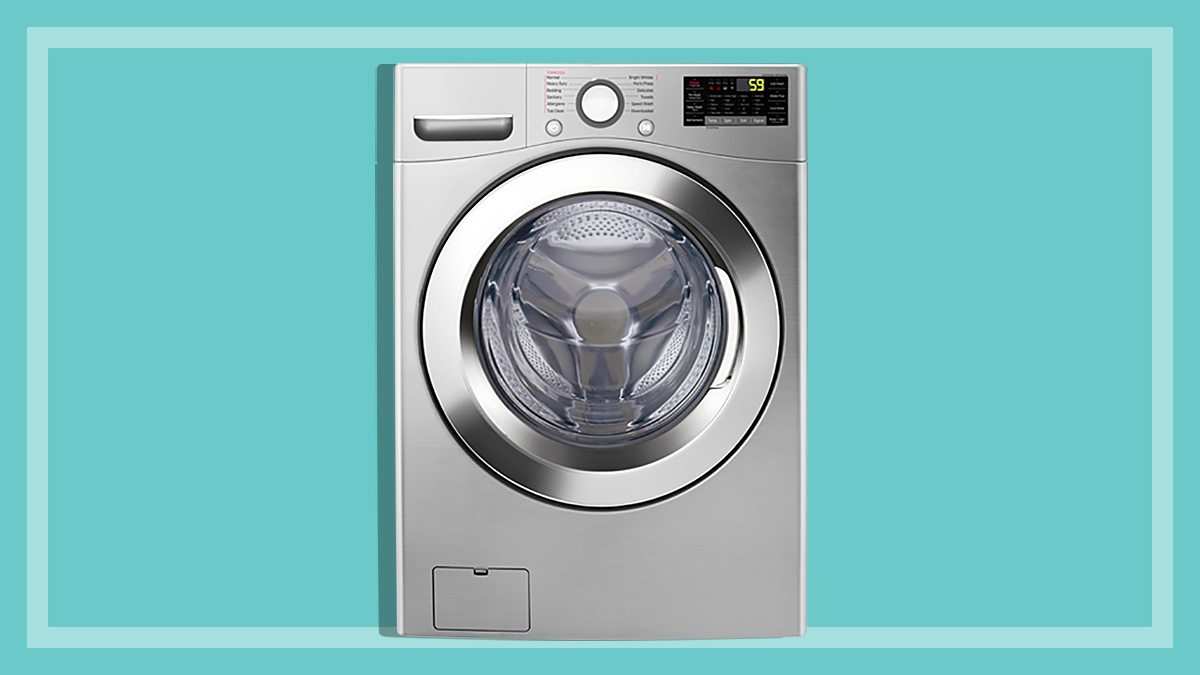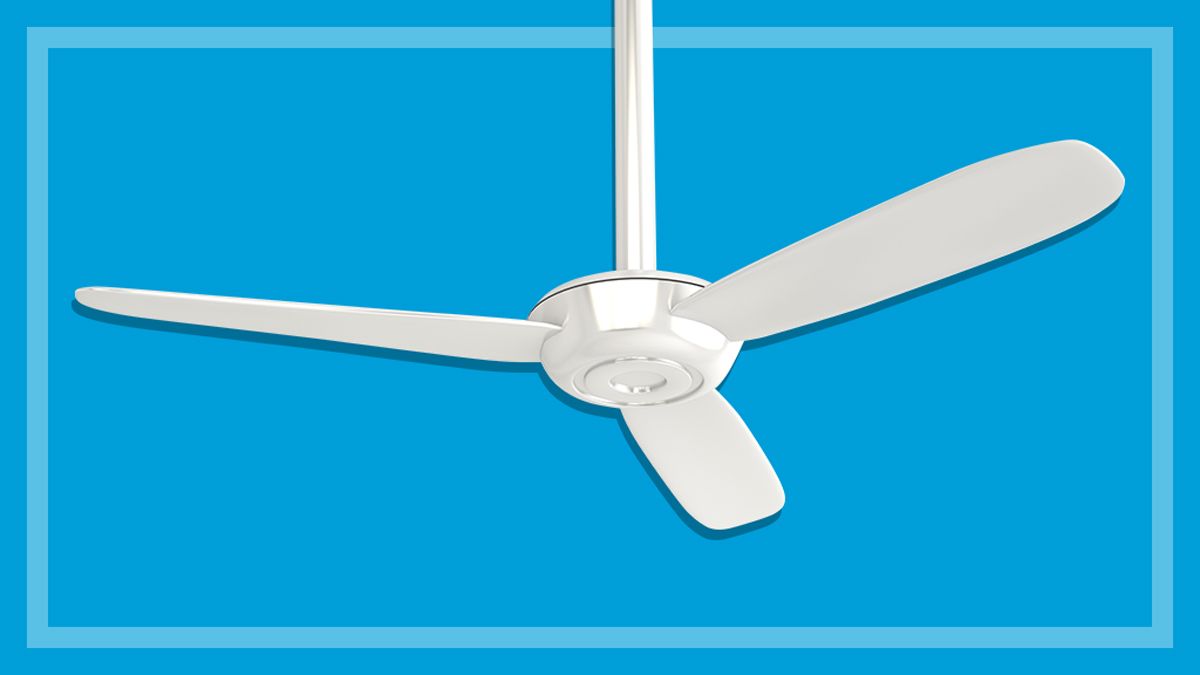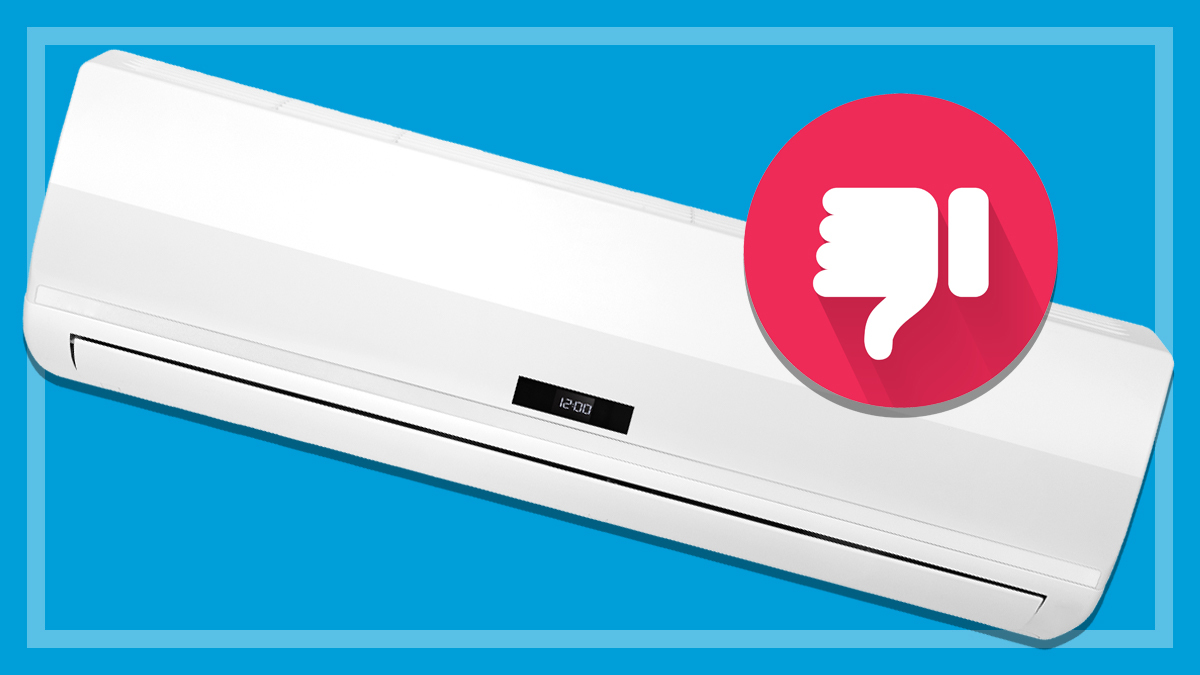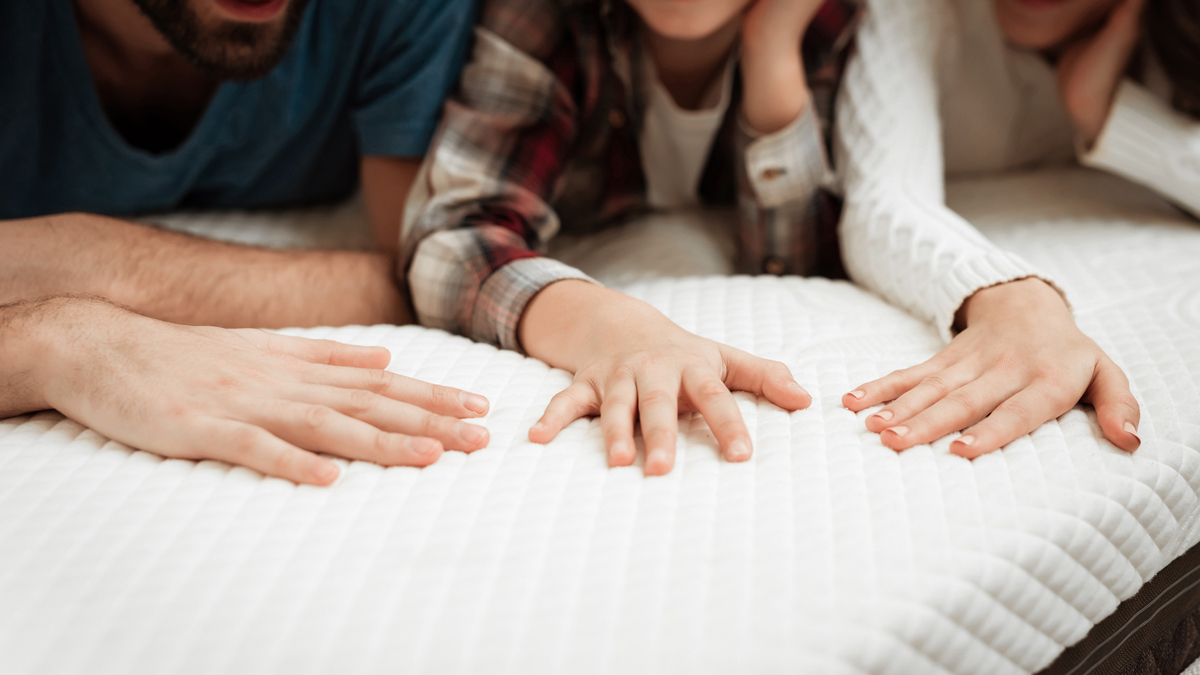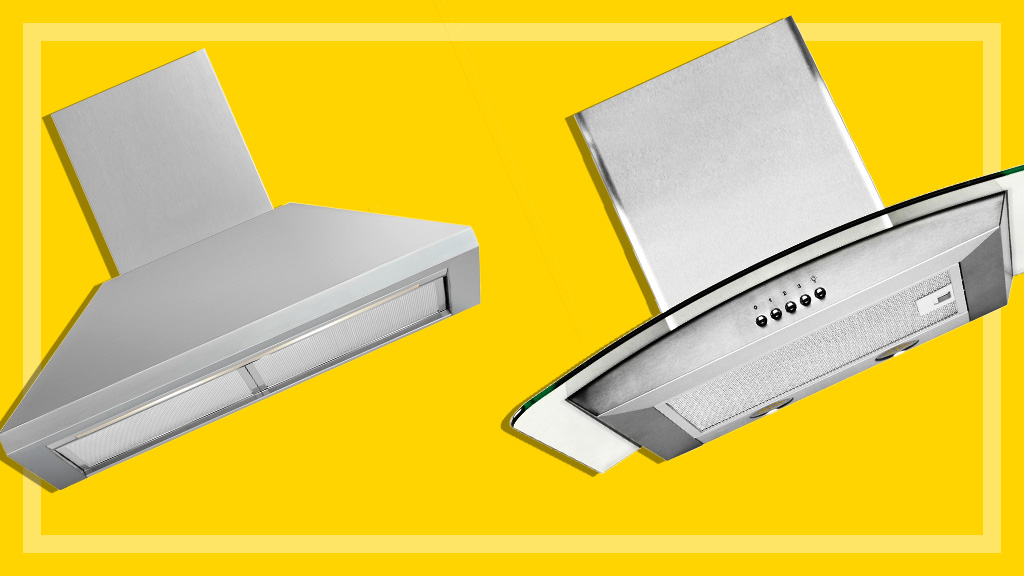Get our independent lab tests, expert reviews and honest advice.
5 things CHOICE’s laundry expert would never do
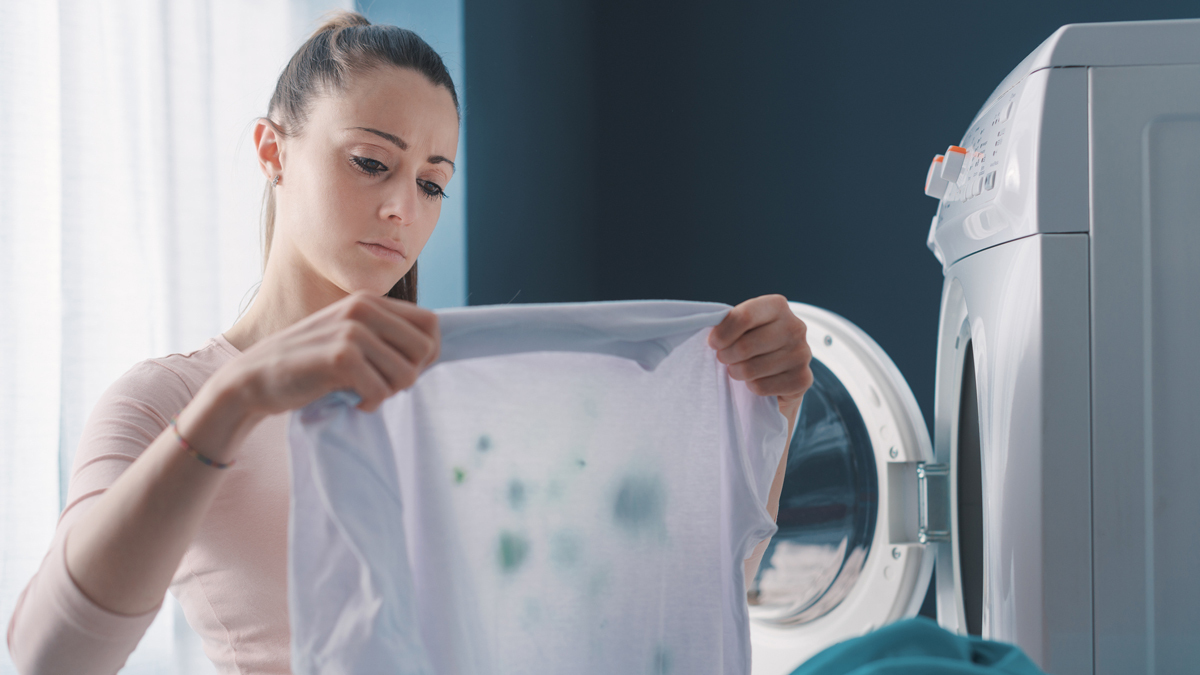
I’m pretty cavalier when it comes to laundry: I machine-wash items that are supposed to be hand wash only, I don’t often measure laundry detergent, and I believe life is too short to worry about whether my child’s school socks are dazzlingly white.
And while most of us tend to do the laundry on autopilot (because who has time to think about these things in depth?), a few tiny changes can really make a difference – not just to your clothes, but also to your electricity bill and the environment.
I asked CHOICE’s resident laundry expert Ashley Iredale about his top laundry no-nos. Here are five things he doesn’t do (or never would).
1. He’d never buy a top loader
“I’m going to upset die-hard top loader lovers by saying this, but you really are better off with a front loader,” says Ashley.
“They clean better, use less water, cost less to run, and have higher spin speeds, which means your clothes dry faster. They might cost a bit more upfront but they’re well and truly worth it.
“Of course, a front loader isn’t suitable for every single situation, but I’d highly recommend considering one for your next washing machine.”
Here’s everything you need to know about front loader washing machines.
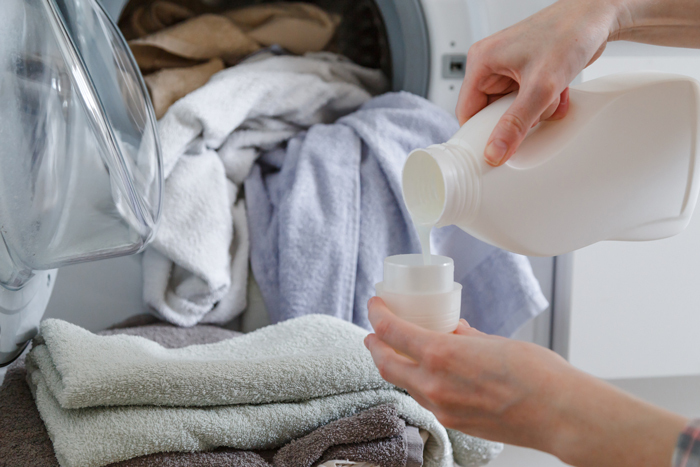
2. He never uses fabric softener
“There’s no fabric softener in my laundry, and there never will be,” says Ashley. “It’s a waste of money and it’s bad for your washing machine and the environment.”
Fabric softener works by coating fabric fibres with petrochemicals like silicone, which makes them feel more slippery and stand more upright, giving that soft and fluffy feeling.
Everyone loves fluffy towels, but there’s a dark side to fabric softener: it makes your laundry less water-absorbent, reduces the fire retardancy of children’s clothes and can build up in your washing machine to form a nasty compound called ‘scrud’. This can leave marks on your washing and cause problems for your washing machine.
Fabric softener is just bad news all round
Ashley Iredale, CHOICE laundry expert
Then there’s the environmental impact: using fabric softener sends chemicals down the drain into our waterways, and the carbon emissions from manufacturing and transporting it also increases your carbon footprint.
“Fabric softener is just bad news all round,” says Ashley. “Try adding half a cup of vinegar to your fabric softener dispenser instead – but check your machine’s manual before you do, as some manufacturers don’t recommend it for their machines.”
Giving fabric softener the flick doesn’t have to mean saying goodbye to fluffy towels. Here’s how to keep your towels soft and fluffy without fabric softener.
3. He never uses the recommended dose of detergent
“Here’s a secret the laundry detergent companies don’t want you to know: you don’t need to use anywhere near as much detergent as they recommend,” says Ashley.
“The little plastic scoops that come with your detergent are convenient, but can be misleading. You can cut back to as little as a third or even a quarter of a scoop and still get a great wash.”
More detergent won’t make your clothes cleaner – and it could actually have the opposite effect
It might sound counterintuitive, but using more detergent won’t make your clothes cleaner – and it could actually have the opposite effect because they can end up with detergent residue on them.
And you don’t necessarily need to pay top dollar to get the best laundry detergent either: we recommend two dirt-cheap detergents from Aldi and Woolworths that cost three times less than the big brands.
Check our laundry detergent reviews to find out which brands give you the best wash for your dosh.
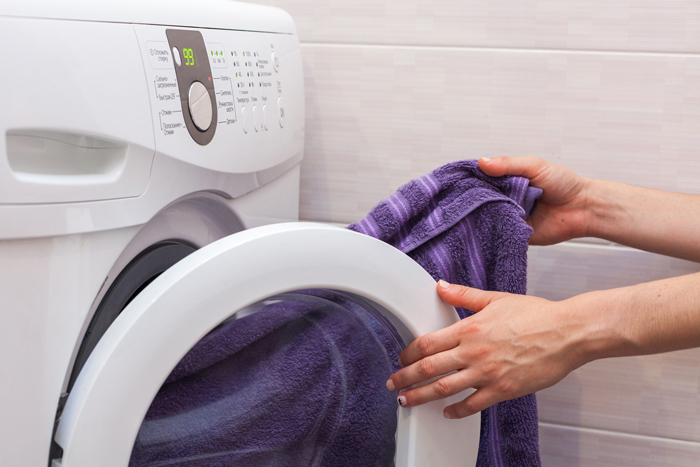
4. He never closes the door between cycles
“You should always leave the door or lid of your washing machine open so it can air out after a wash,” says Ashley.
“Closing the door traps moisture in the seals and can lead to mould and mildew forming, not to mention unpleasant musty smells. This can also damage the rubber gaskets and cause them to deteriorate.”
It’s also a good idea to give the rubber seals a quick wipe over after you’ve finished washing to help them dry out properly.
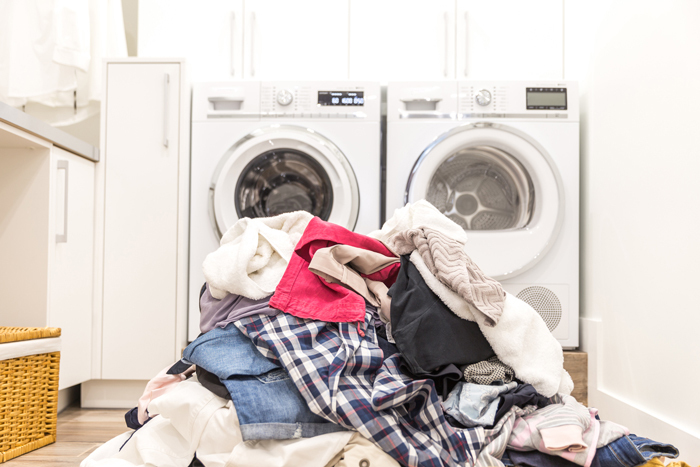
5. He’d never buy a washing machine without researching the running costs first
“Modern washing machines are more efficient than ever, but it’s still important to check the energy efficiency of a machine before you buy it,” says Ashley.
“The upfront cost of a machine is important, but you should make sure it’ll be cheap to run as well.
“Buying a machine with a lower energy star rating can cost you hundreds more dollars over the life of the machine – not to mention the environmental impact of using more electricity. Make sure you check the water efficiency, too.”
Our expert washing machine reviews include detailed information about running costs, energy use and water efficiency to help you buy better.

